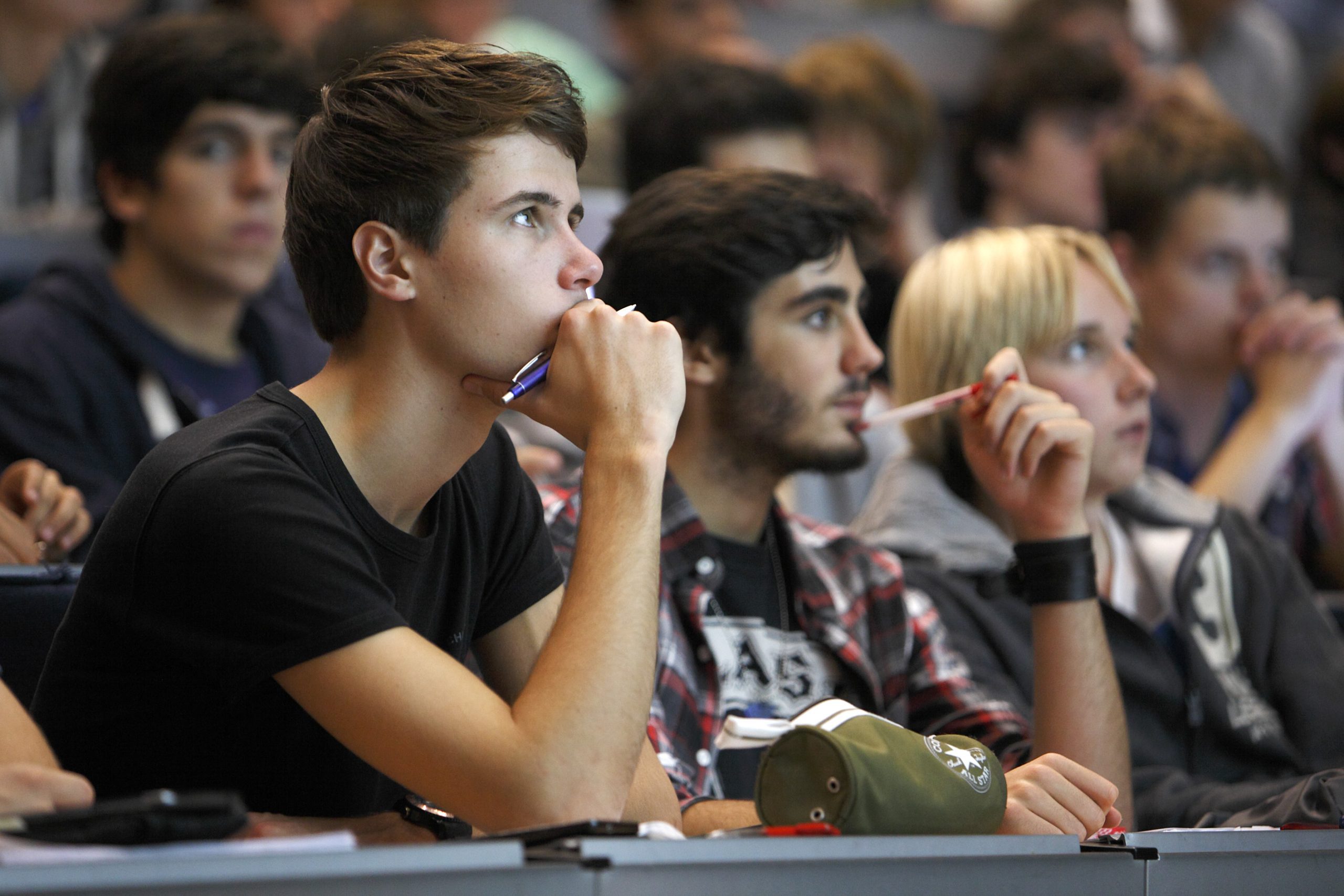Since its inception in 1991, the B.Sc. in Applied Earth Sciences (AES) at TU Delft has been taught in Dutch. As of 2014, the language of instruction will change to
English.
This will be the second bachelor’s programme to be offered in English at the university after the B.Sc. in Aerospace Engineering
switched in 2000.
The AES bachelor’s programme comes under the Department of Geosciences and Engineering of the Faculty of Civil Engineering and Geosciences. Discussions on switching to English began in 2010 and plans have now been put into motion. “This course is the starting point for a very international career. The topics covered, the resources studied – from mining activities to oil and gas- everything has a global significance. So, it’s important for our students to learn in a culturally diverse environment,” says Professor Evert Slob, head of the department. Currently, 40% of their teaching staff is international. Hence, some classes are already held in English. Teaching material, books, and journals are in English, as is the prevailing jargon of the discipline. Some technical terms have no Dutch equivalents. “Whereas English is a mandatory language in Dutch schools and students who come to the university already have a good grasp of the language. The transition just seems natural,” he adds.
The decision got another push during the university’s accreditation review on behalf of the Dutch Ministry of Education by a panel of international experts. “They said the module we offer is almost unique in Europe and will appeal to students from around the world,” says Slob.
The transition, however, cannot be an overnight affair. “The challenges we faced were numerous,” recalls Professor Aldert Kamp, director of education, Aerospace Engineering. “All study material had to be translated. Staff members had to be tested on English proficiency. If deficient, they were obliged to take an English course. All educational environments had to be changed to English, from Blackboard and the Education & Student Affairs website to nameplates and manuals for computers and machines…,” he says. Things worked out fine in the end, and their B.Sc. programme has a large number of internationals today. “We have 30-35% foreign students in our bachelor’s. We control this actively through de-centralised selection. We do not want the number of Dutch students to become a minority, keeping in mind our societal responsibility towards the Netherlands,” adds Kamp.
Besides the resources for foreign students, the university is concerned about the impact the decision will have on Dutch students. Current first year students of the AES programme were asked if they would have opted for this course had it been offered to them in English. “Most of them said yes,” says Marieke Selles, a member of the department’s Faculty Student Council. “At the moment, some classes are in English, while the exams are in Dutch. So it’s confusing. To standardise it will be better for everyone,” she adds.
The English programme will begin with first year students of 2014-2015 but the faculty will not actively promote it for some time. “We don’t want a large number of students here before we are sure that we can provide the best,” says Slob.



Comments are closed.